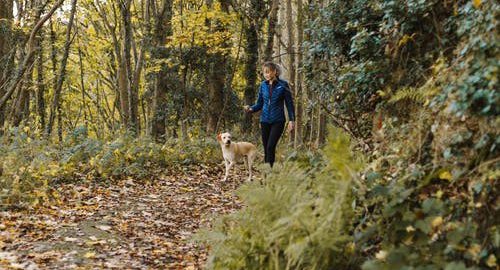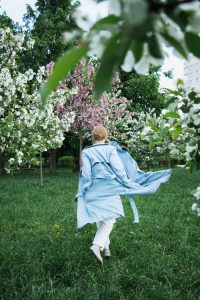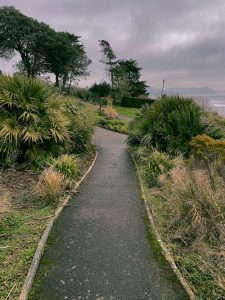
Mental Health Awareness Week—Nature As A Healer
This year 2021, mental health awareness week is 10th May—16th May and the theme is nature.
Across the world, a viral pandemic has lead to a us taking steps to protect our physical health by staying inside our houses for weeks on end. This has had a profound impact on our mental health and it’s imperative we address this! During the pandemic, 45% people stated visiting parks and green spaces helped them cope.
When you think about nature, do you think about a special holiday you went on or a particularly picturesque place that helps you feel at peace and relaxed? What we need to remember is that we can find something special close to home if we look for it.

Getting fresh air and exercise has long been recommended for for general health and wellbeing but connecting to nature itself is also important. This relates to feeling an emotional association to nature. Activities that enable you to feel compassion and find a meaning in nature have been found to particularly effective. Such activities could include: intentionally listening to birdsong, feeling the bark of a tree or listening to the babbling of a brook. But you don’t need to be in nature to benefit: writing a poem or song or visualising a walk through nature could have equal benefit.
Actively choosing to connect to nature has been shown to increase happiness, joy and compassion, increase concentration and increase creativity. A decrease in mental ill health has also been shown, particularly symptoms of depression and anxiety.
It is important that the green space is clean (e.g. free from litter) and biodiversity (variety) has also been shown to be of benefit.
Feeling connected to nature can also increase pro-environmental behaviours such as reducing plastic use or recycling so making an active choice is win-win!
People living in urban areas are less likely to find clean biodiverse green spaces. Also, people with disabilities find it harder to access green spaces equally. Some groups, e.g. women, ethnic minorities, young people and disabled people said they weren’t sure if green spaces were safe. These barriers are really important to think about considering some of these groups are people who would greatly benefit from nature as therapy.

It’s important to plan urban parks well with accessibility in mind. Planting trees and flowers along streets is call a “green corridor”, even these small initiatives help.
If you’re feeling low or anxious, going for a walk may be the last thing you feel like doing but it could be the absolute best thing for you.
The main message is that you don’t necessarily have to do anything spectacular to benefit from nature. Check out this article to see some simple ideas for what you can do, even if you live in a city.
See full research article here.





Comments